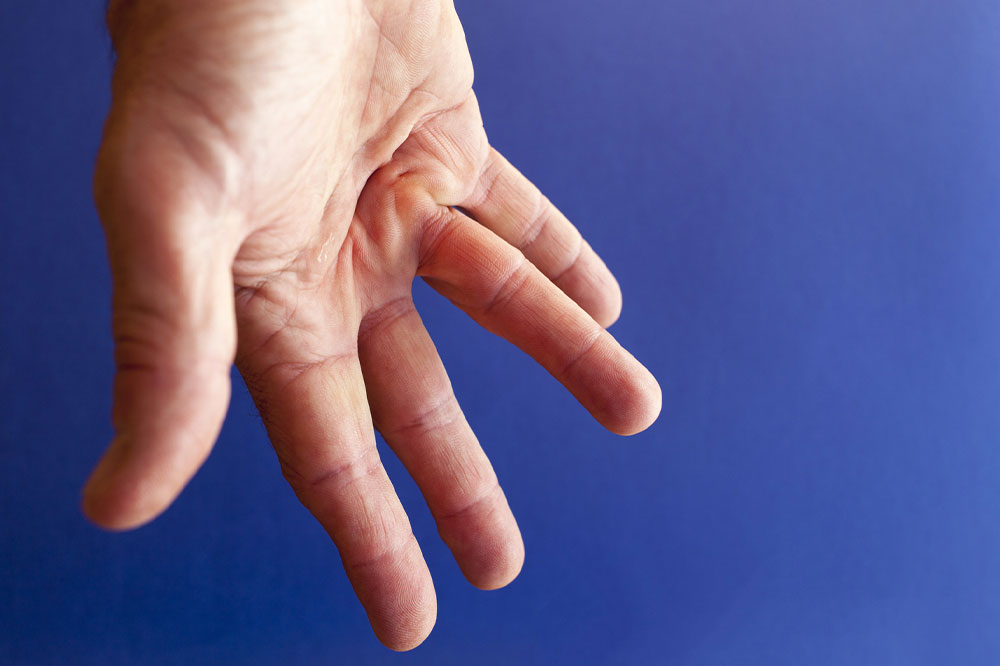Identifying Signs and Symptoms of Ovarian Cysts
This article explores common signs and symptoms associated with ovarian cysts. It provides detailed information on typical indicators such as abdominal bloating, pelvic pain, and discomfort during intercourse, emphasizing the importance of early detection. The content aims to educate women about ovarian cysts, their symptoms, and when to seek medical help, promoting awareness and timely intervention.

The female reproductive system relies heavily on the ovaries, which are located below the abdominal area on both sides of the uterus. These organs produce essential hormones like estrogen and progesterone and generate eggs for fertilization. Ovarian cysts are fluid-filled sacs that frequently develop in women; most women will experience at least one during their lifetime. While many cysts are asymptomatic and painless, larger cysts can cause noticeable symptoms.
Most ovarian cysts do not show symptoms; however, noticeable signs may appear if a cyst enlarges.
Abdominal distension: Fluid-filled sacs can lead to bloating and swelling in the abdomen, resembling menstrual bloating, often accompanied by mild discomfort.
Discomfort during bowel movements: An enlarged cyst may put pressure on the intestines, causing pain when passing stool.
Pelvic discomfort: Pain in the pelvic region is common, especially around menstruation or before.
Painful sexual activity: Intercourse may cause discomfort or pain around the ovaries due to cyst presence.
Lower back or thigh pain: Women experiencing menstrual cramps may also feel persistent pain in the lower back or thighs, a typical ovarian cyst symptom.
Nausea and vomiting: Persistent cysts can disrupt digestion, leading to nausea or vomiting.
Fever: A prolonged cyst may trigger fever as the body fights infection or inflammation, usually resolving with medication.
Rapid breathing or dizziness: If experiencing rapid heartbeat, dizziness, or lightheadedness, seek medical attention promptly, as these could signal complications.
Disclaimer: The information shared here is for educational purposes and should not replace professional medical advice. Readers are encouraged to consult healthcare professionals for diagnosis and treatment. The site is not responsible for discrepancies or inaccuracies across different sources.










